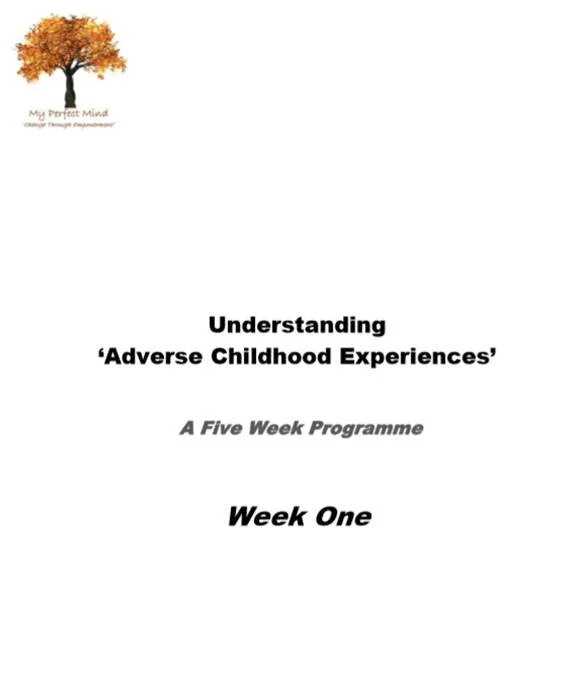What do we mean by ACE’s?…
Adverse Childhood Experiences, or ACEs, are potentially traumatic events that occur in childhood (0-17 years) such as experiencing violence, abuse, or neglect; witnessing violence in the home; and having a family member attempt or die by suicide. Also included are aspects of the child’s environment that can undermine their sense of safety, stability, and bonding such as growing up in a household with substance misuse, mental health problems, or instability due to parental separation or incarceration of a parent, sibling or other member of the household. Traumatic events in childhood can be emotionally painful or distressing and can have effects that persist for years. Factors such as the nature, frequency and seriousness of the traumatic event, prior history of trauma, and available family and community supports can shape a child’s response to trauma.
This section consists of a wide range of free downloadable information giving extensive information regarding ACE’s, from the original research in 1998, to the present day. Numerous ‘infographic’ sheets are included which can be used as posters to promote this knowledge, along with research findings from the USA and the UK. A 5 week educational programme is also included to promote this essential knowledge in a group or 1:1 setting.



































